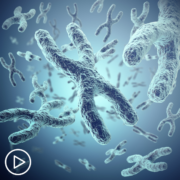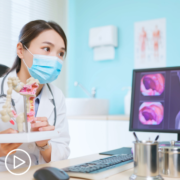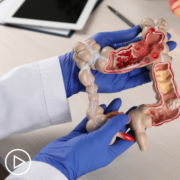What Can Patients Do to Access Better Colon Cancer Care?
What Can Patients Do to Access Better Colon Cancer Care? from Patient Empowerment Network on Vimeo.
What can patients do to access quality colon cancer care? Dr. Suneel Kamath shares tips on how to advocate for yourself, the importance of quality care versus convenient care, and colon cancer resources.
Dr. Suneel Kamath is a medical oncologist at the Cleveland Clinic Taussig Cancer Center. Learn more about Dr. Kamath.
See More from DETECT Colon Cancer
Related Resources:

|
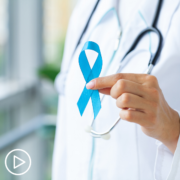
|
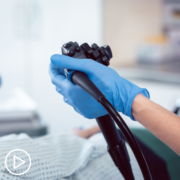
|
Transcript:
Katherine:
If patients feel like they’re not receiving good care or they feel like they’re being treated unfairly, what steps should they take to access better overall care?
Dr. Kamath:
That’s a touchy one. It makes me sad that that even happens, but it does. I would say just never be afraid to be an advocate for yourself. To me, it’s your life and the consequence of bad healthcare, unfortunately, is not going to be on those providers. It’s going to be on you. Unfortunately, I do hear from a lot of people they worry about burning bridges, or annoying someone, or angering the doctors that they’re working with. I would tell them, “Don’t worry about that.” I don’t think people need to care about my feelings or the doctor’s feelings about the situation.
You need to make sure you’re getting the best healthcare possible. Always feel comfortable getting a second opinion, going to a bigger center. I always recommend go to the main hospitals in your area. In the U.S. especially, I think we’re too focused on convenient healthcare and not the quality of the healthcare. I would definitely advocate, even if it takes you an hour to drive downtown to Duke or Johns Hopkins in your area, or the Cleveland Clinic, or the Mayo Clinic, or whatever, it’s worth that time compared to the person who just might be five or 10 minutes from you.
Katherine:
Right. Are there resources available now that might be useful for people who need, want more information?
Dr. Kamath:
Yes, are you talking about things that they could find online or read about? It’s in terms in of accessing care or just generally about …
Katherine:
Yeah, accessing care.
Dr. Kamath:
Yeah. I think there, again, I would go back to the American Cancer Society. The other ones that are really great, too, are – for colorectal cancer, especially, there are a number of really great patient advocacy organizations. The two that are coming to mind are the Colorectal Cancer Alliance and then Fight CRC. Both of them have phenomenal resources as far as patients who have gone through the whole journey and various phases of the journey. What I love for them, too, is usually there’s somebody that can represent your area in those settings, in those support groups and whatnot.
I definitely think they’re a great resource in helping people find out who are the best doctors in your area. How did you get connected with them? Unfortunately, we all have phone numbers online and whatnot to find us. But we all know when you call them you end up in this interminable loop, it seems like, sometimes to get an appointment. It’s hard to navigate it all. I think a lot of times these patient advocacy organizations can be great bridges to both finding who the right people are and how do you best get in with them.

